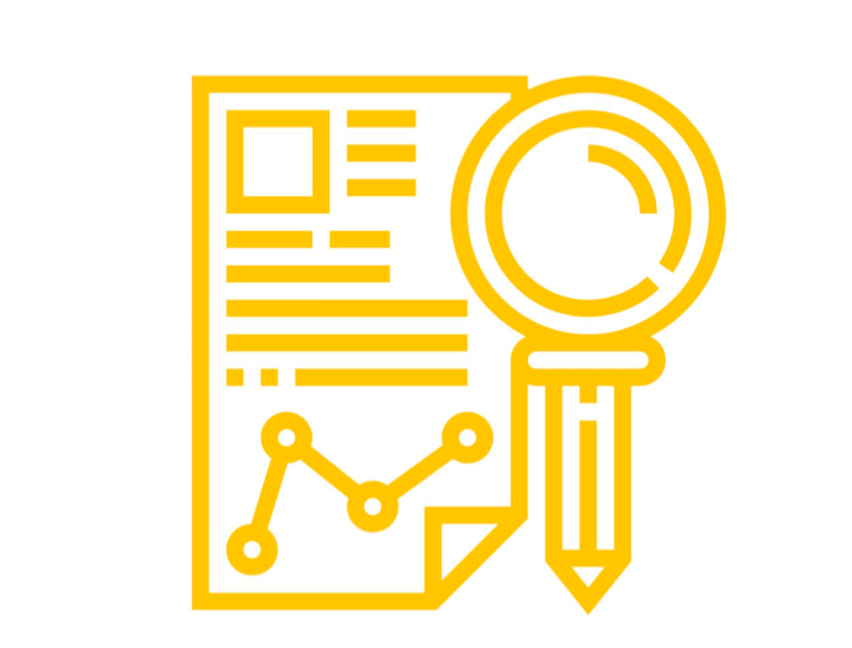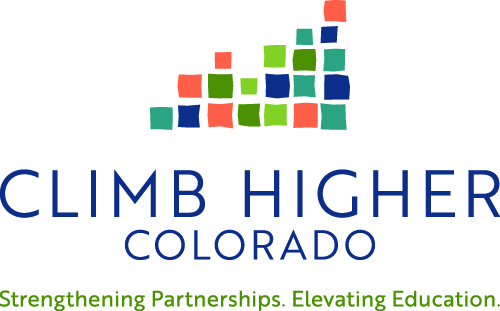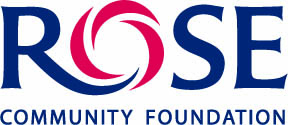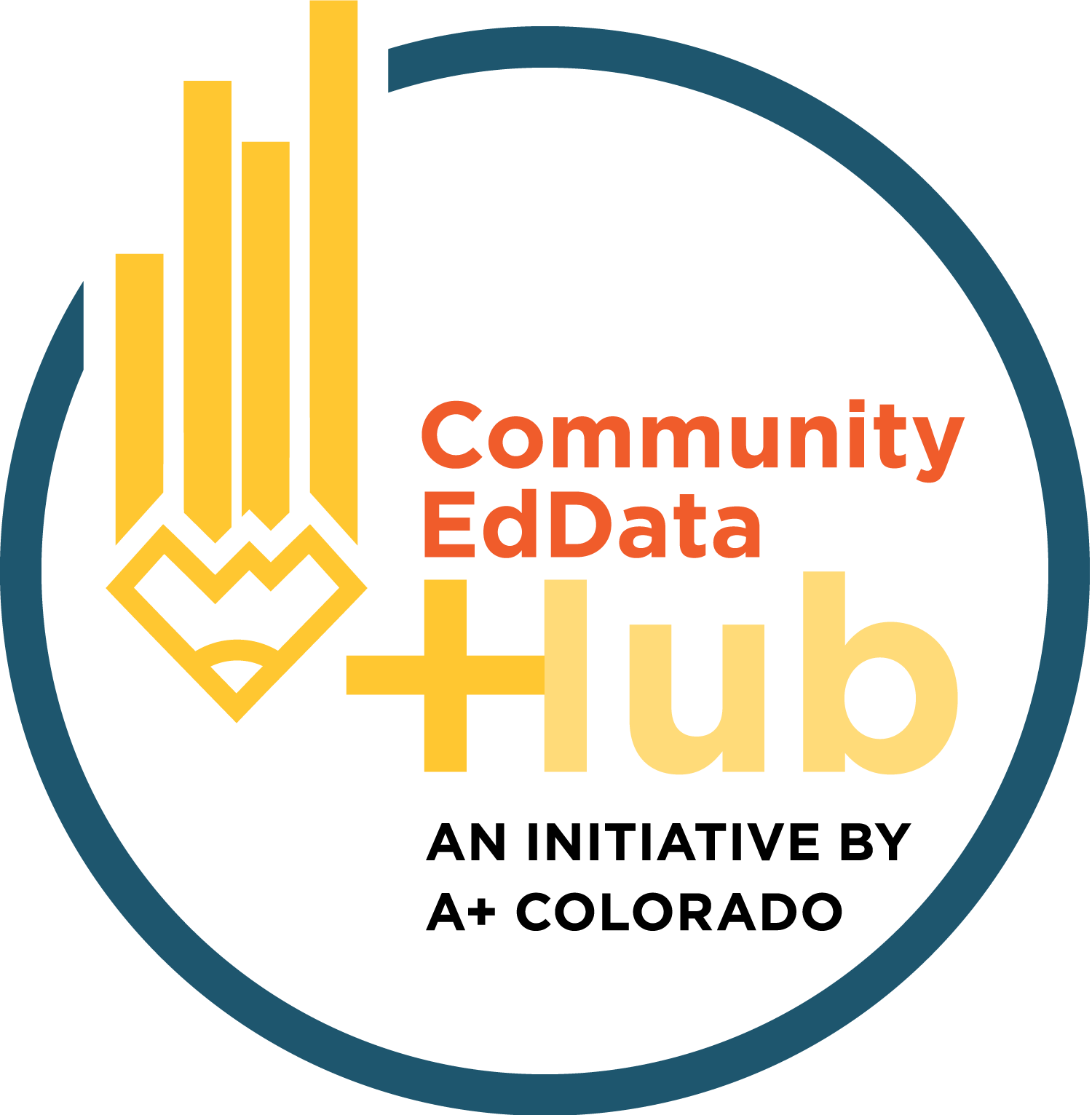
A+ harnesses the power of data to advocate for educational transformation.
We also know local communities are and should be the experts around what is, or is not working, for their students in schools. The Community EdData Hub was developed for organizations and individuals working with communities to understand and advocate for excellent educational opportunities.
The Community EdData Hub provides and synthesizes publicly-available data.
This service is intended for organizations and individuals who want to understand the educational opportunities and outcomes for students in their communities. The Community EdData Hub aims to empower communities to have their own conversations and ideas about what is or isn’t working for students, and to push schools and school systems– who have access to all of the data– to make changes when necessary, ensuring every student is guaranteed an excellent education.
Are you an individual or organization interested in empowering communities to leverage data about the local education system? For more information and guidelines about projects we can help you with, cost, and other questions, please reference our FAQ.
For additional information, please contact EdDataHub@apluscolorado.org.
CEDH Projects
Click a thumbnail below to view the project
Testimonials
“It was very exciting to be able to release our first ever report Your Community, Your Schools: A Call for Partnership In Aurora Schools in partnership with The Community EdData Hub, an initiative by A+ Colorado. Initially it was hard to see how data could capture all the amazing students and families we get to work with on a regular basis; however, I am happy that EdData Hub allowed us the autonomy for this report to be a reflection of our community.”
–Juliet Sebold, Associate Director of the African Leadership Group
“Donnell-Kay Foundation is proud to be a lead investor in the Community EdData Hub. A+ Colorado is a leader in data analysis and independent research, to see them getting it into the hands of community organizations and families is an important step forward. DK believes that families and communities are, and should be leaders in their child’s education. Access to relevant and actionable data is a crucial component for families to realize that leadership.”
–Antonio Parés, Partner at Donnell-Kay Foundation
“Climb Higher is excited to partner with A+ Colorado as we collectively strive to provide families across Colorado with essential data to advocate for their kids. We cannot have a real education discussion without groups that work directly with families. Having access to this information and the Community EdData Hub as a resource helps advance this vision.
–Reilly Pharo-Carter, President & CEO of Climb Higher Colorado
“Often data is not made easily accessible by the district/schools, and it is important for communities to have access to it because it can 1) paint a clearer picture of the real situation rather than anecdotes and personal experience, and 2) be used as leverage to strengthen our demands…[data can] light a sense of urgency both in community members and people in power. Overall I was so impressed by the quality of the [Community EdData Hub’s] presentation. My team and I are very grateful to you, and excited to see where the Community EdData Hub idea goes!”
–Adrienne Deshaies, Together Colorado’s Bilingual Community Organizer
How We Work
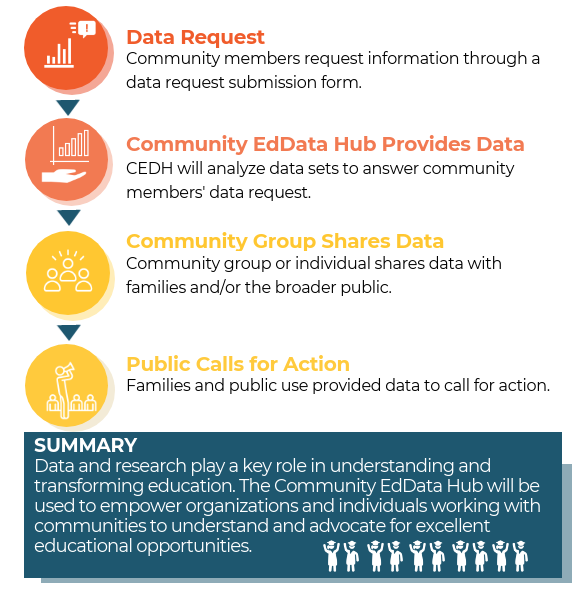
Types of Requests
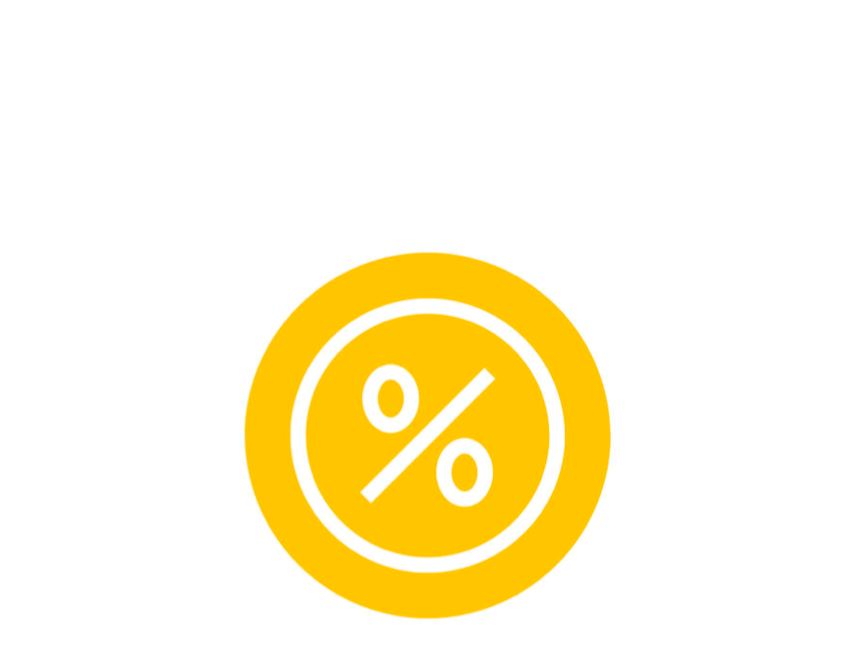
Just the Numbers
Questions that can be easily answered by numbers.
These requests tend to be for internal use and take less than one half-day to complete.
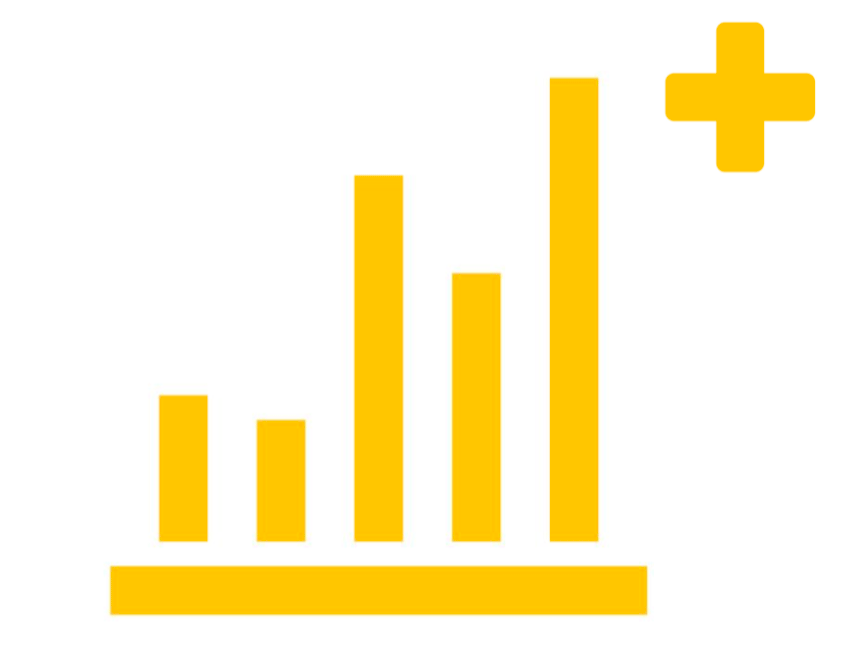
Numbers Plus
Questions that may be specific but have a broader use or questions that require using multiple data sources.
These requests tend to be for community-facing documents or meetings and take approximately 1-3 days to complete.
Deep Data Dive
Questions which require an extensive data analysis and content creation.
These requests tend to be for large projects, such as a report with a specific advocacy agenda. The time frame for these projects would be defined through conversations with the partner.
A+ Colorado would like to thank our partners for making this work possible.

